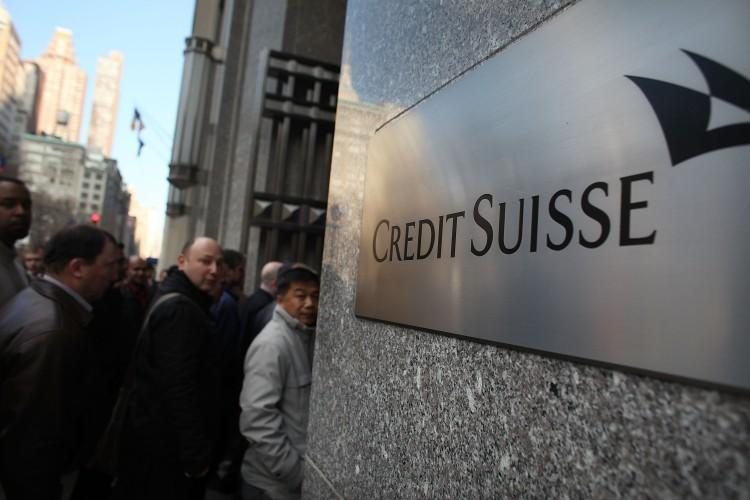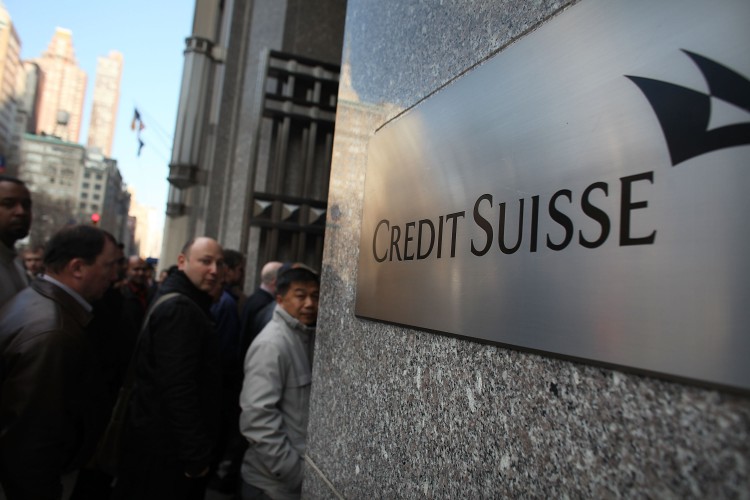NEW YORK—The former head of Credit Suisse Group AG’s structured credit trading was charged with fraud, and two other ex-Credit Suisse traders pleaded guilty to fraud in New York this week.
Kareem Serageldin, an ex-Credit Suisse executive living in the U.K., is charged with conspiracy and wire fraud. Two other traders, London-based David Higgs, and U.S.-based Salmaan Siddiqui, pleaded guilty in the U.S. District Court of New York to criminal charges of conspiracy to falsify records and wire fraud.
The two traders schemed to falsify prices of mortgage-backed securities from 2007 to 2008; during a time when the prices of such securities were falling as the U.S. housing market was on the verge of collapse.
“Serageldin and Higgs periodically directed the traders to change the bond prices in order to hit daily and monthly profit targets, cover up losses in other trading books, and send a message to senior management about their group’s profitability,” according to a statement from the Securities and Exchange Commission.
When asked by U.S. District Judge Alison Nathan whether Higgs stood to gain financially from falsifying such records, he replied, “Yes—a year-end bonus,” according to a Bloomberg report.
“While the housing market was collapsing, the defendants profited not by correctly predicting the trend, but by cooking the books,” Janice K. Fedarcyk, FBI assistant director in charge, said in a statement.
Traders’ bonuses were closely tied to the gains and profit he—and his team—made during a given year, so Higgs and his colleagues stood to profit from a bigger windfall if they could prove that they made more money.
Even more so, during late 2007, the prices of such securities began to deteriorate, putting even more pressure on the traders to make their numbers. Securities are “marked to market,” meaning their value and prices are determined by how much they can fetch in the open market. And when the market dried up in 2008, the value of such positions fell precipitously.
The three traders’ actions were partially responsible for Credit Suisse, Switzerland’s second biggest bank, writing down $2.65 billion in the value of its bond holdings in 2008 after an internal review.
There have been few civil—and even fewer criminal—cases against Wall Street bankers and traders related to the events during the recent financial crisis, but regulators have stepped up their investigations in recent months.
Zurich-based Credit Suisse was not charged, and the company is cooperating with the investigation, the company said.






